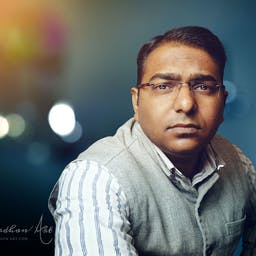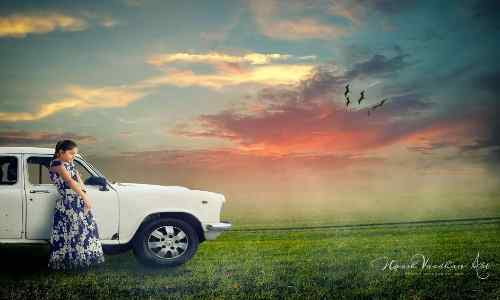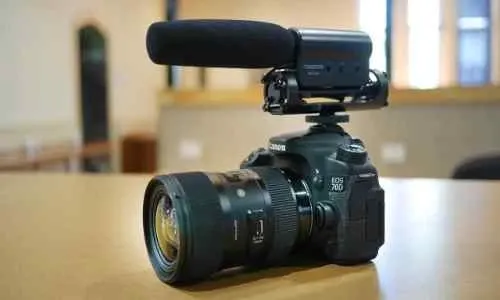



 Tech & IT
Tech & IT
 Business
Business
 Coding & Developer
Coding & Developer
 Finance & Accounting
Finance & Accounting
 Academics
Academics
 Office Applications
Office Applications
 Art & Design
Art & Design
 Marketing
Marketing
 Health & Wellness
Health & Wellness
 Sounds & Music
Sounds & Music
 Lifestyle
Lifestyle
 Photography
Photography
More Learnfly
Business Solution Become an Instructor"Night photography is the art of capturing compelling images in low-light conditions. Photographers skillfully navigate darkness, using long exposures and creative techniques to reveal the beauty of nighttime landscapes or urban scenes. This specialized craft transforms the ordinary into extraordinary, capturing a unique and often magical perspective."












Learn more topics in various categories at one place. Explore unlimited courses in other categories and up-skill yourself today.

 Jazeb Akram
Jazeb Akram 4.2 771159 Beginner Level

 John Hedengren
John Hedengren 4.1 569062 All Level

 Ranjan Pandey
Ranjan Pandey 4.1 346728 All Level

 Muhammad Ahsan Pervaiz
Muhammad Ahsan Pervaiz 4.2 101337 All Level

 Pieter Vliegenthart
Pieter Vliegenthart 4.6 100916 All Level

 Jerome P.
Jerome P. 4.8 100881 All Level

 Senol Atac
Senol Atac 4.9 100091 All Level

 Vikas Munjal
Vikas Munjal 4.8 100064 Beginner Level

 Avinash A
Avinash A 4.8 100013 All Level

 HARSH VARDHAN Arts
HARSH VARDHAN Arts40 Lectures All Level

 HARSH VARDHAN Arts
HARSH VARDHAN Arts31 Lectures All Level

 Daniela Lambova
Daniela Lambova8 Lectures All Level

 Daniela Lambova
Daniela Lambova11 Lectures All Level

 Matthew Storer
Matthew Storer44 Lectures All Level

 Matthew Storer
Matthew Storer60 Lectures All Level
Night photography is a genre of photography that involves capturing images in low-light conditions or during nighttime. It often includes capturing cityscapes, astrophotography, light trails, and other subjects that come to life in the absence of natural daylight. Techniques such as long exposures and specific camera settings are commonly employed.
Night photography is important for its ability to capture unique and visually stunning scenes that emerge when the sun goes down. It allows photographers to explore the interplay of artificial lights, stars, and shadows, creating captivating and atmospheric images. Night photography also offers opportunities for creative expression and experimentation with long exposure techniques.
Common components include the use of a tripod for stability during long exposures, a camera with manual settings for exposure control, and a wide aperture lens to gather more light. Techniques such as light painting, capturing star trails, and adjusting white balance contribute to the creative aspects of night photography.
Learning night photography involves understanding camera settings for low-light conditions, mastering long exposure techniques, and experimenting with different compositions. Online tutorials, photography workshops, and books on night photography provide valuable insights and tips. Practical experience, such as shooting in various nighttime environments, helps individuals become familiar with the challenges and opportunities presented by low-light scenarios.
While specialized equipment such as fast lenses and full-frame cameras can enhance the quality of night photography, it is not always necessary, especially for beginners. Many cameras, including entry-level DSLRs and mirrorless cameras, offer manual settings and decent low-light performance. A sturdy tripod and an understanding of fundamental night photography techniques are often more critical than having specialized equipment.





